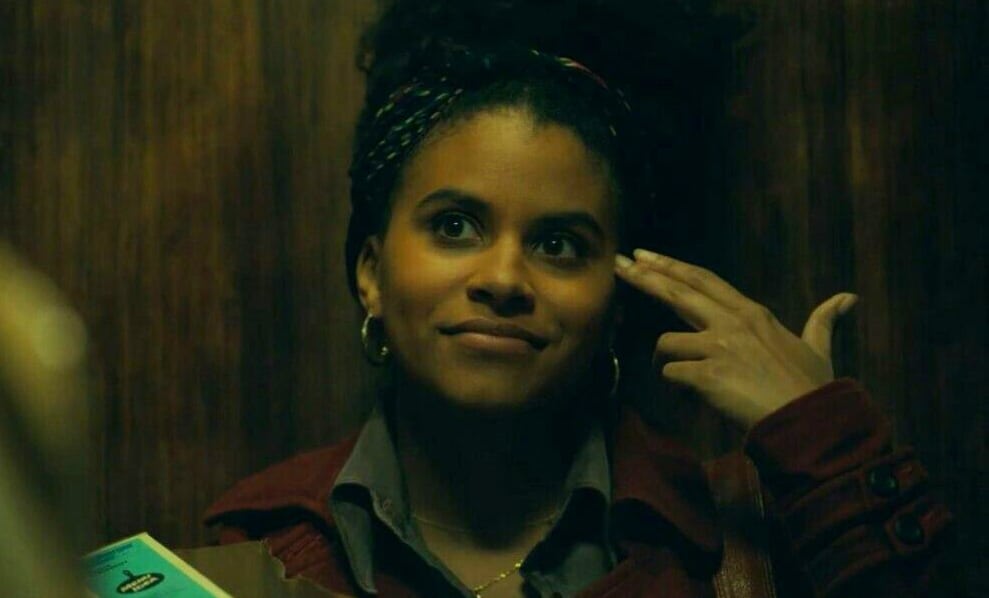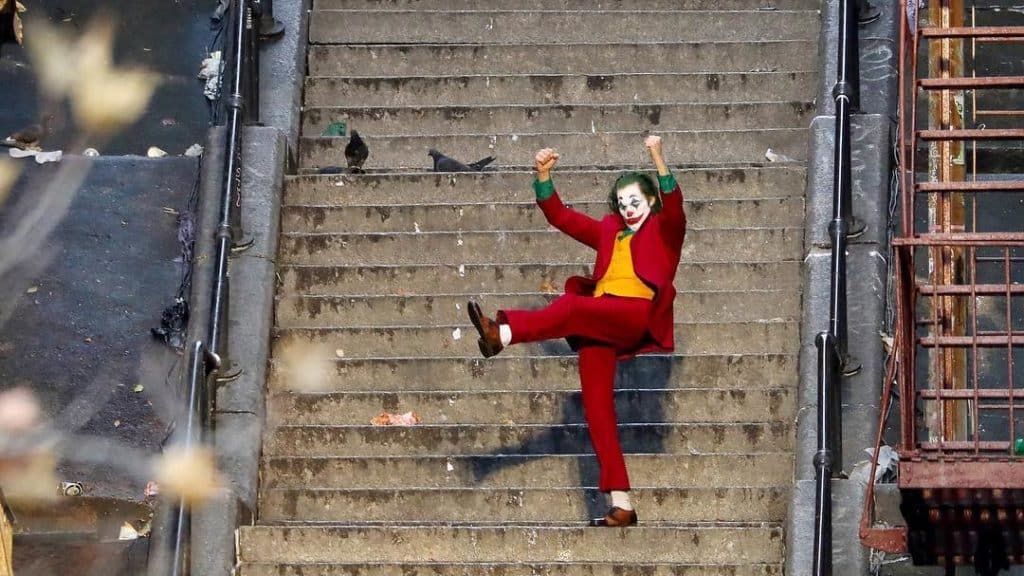Welcome to a profound exploration of one of the most enigmatic films of recent years—Joker. Directed by Todd Phillips, this film presents a disturbing and dark portrayal of Arthur Fleck’s descent into madness. But what if this descent is not entirely real? What if much of what unfolds on screen is Arthur’s dream or an elaborate mental escape from a harsh reality? In this article, we will delve into these questions, exploring how Joker intertwines dreams and reality, and what it tells us about the human tendency to escape into our own mental worlds.
The Blurred Lines Between Reality and Imagination
Joker is not just a tale of chaos and madness but also a complex narrative that blurs the boundaries between reality and imagination. Arthur Fleck’s journey, marked by his transformation into the Joker, is laced with elements that question the authenticity of what we see. This ambiguity is not merely a narrative device but a reflection of a deeper psychological struggle.
From the outset, the film presents Arthur as a deeply troubled individual, struggling to find his place in a world that seems to reject him at every turn. As his mental state deteriorates, the lines between what is real and what is imagined become increasingly indistinguishable. This narrative choice invites viewers to question every scene and interaction, challenging our perceptions of reality.
The Illusion of Sophie Dumond

One of the most striking examples of this blurring of reality occurs with Arthur’s relationship with Sophie Dumond. Early in the film, Sophie appears as a bright spot in Arthur’s otherwise bleak life. Their interactions seem genuine and offer a glimmer of hope for Arthur. However, the shocking revelation that this relationship never actually happened forces us to reconsider everything we have witnessed.
Sophie’s presence was a figment of Arthur’s imagination—a dreamlike creation that provided him with a sense of normalcy and connection in a world where he felt isolated. This revelation raises significant questions about the nature of Arthur’s experiences and challenges us to think about what else in the film might be a mere illusion.
Dreams as an Escape from Reality
Arthur’s journey in Joker can be seen as a metaphor for the human tendency to escape into dreams when reality becomes too unbearable. Throughout history, individuals with severe mental health issues have created alternate realities as a coping mechanism. Arthur Fleck’s elaborate fantasy world is a reflection of this phenomenon—a mental escape from a reality that is too harsh to endure.
In the film, Arthur’s mind constructs a dream world where he is no longer a failure but a powerful figure—a symbol of chaos and liberation. However, this dream is not a harmless escape but a dangerous retreat that ultimately leads him further into madness. The film presents a stark warning about the perils of using dreams as a means of avoiding reality.
The Impact of Arthur’s Story on Us
As viewers, we are left to ponder the implications of Arthur’s journey. The film encourages us to reflect on our own experiences and how we cope with difficult realities. The debate among fans and critics about whether Arthur’s actions were real or delusions highlights a broader issue: the struggle to differentiate between reality and imagination.
Some argue that Arthur’s entire arc, from his pitiful existence to his rise as the Joker, may be a desperate attempt to find meaning in a life that feels otherwise meaningless. This interpretation suggests that Arthur’s reality is deeply unreliable, forcing us to question our own perceptions and the ways in which we might escape into our dreams.
The Dangers of Deep Dream Escape

The film’s portrayal of Arthur’s retreat into dreams serves as a cautionary tale about the dangers of disconnecting from reality. When we escape too deeply into our dreams, we risk losing touch with the world around us and becoming disconnected from our own lives. Arthur’s story illustrates how this detachment can lead to destructive consequences, making it crucial to address the issues we face rather than fleeing into fantasy.
Lessons from Arthur Fleck’s Tragic Story
Arthur Fleck’s tragic journey in Joker offers valuable lessons about the role of dreams in our lives. While dreams can provide insights into our unconscious minds and help us uncover hidden fears and desires, they should never replace reality. Instead, dreams should guide us in confronting our weaknesses, facing the challenges of the real world, and taking action to improve our lives.
Conclusion
Joker challenges us to think deeply about the nature of reality and the role of dreams in our lives. Arthur Fleck’s story serves as a powerful reminder of the consequences of using dreams as an escape from harsh realities. As we navigate our own lives, it is important to use dreams as a tool for self-discovery rather than as a means of avoiding the challenges we face.
Thank you for joining us in this exploration of Joker and its connection to dreams. What do you think about Arthur Fleck’s reality? Was it a dream, a delusion, or something more? Share your thoughts in the comments below, and stay tuned for more insights into the mystical and the unexplainable.
